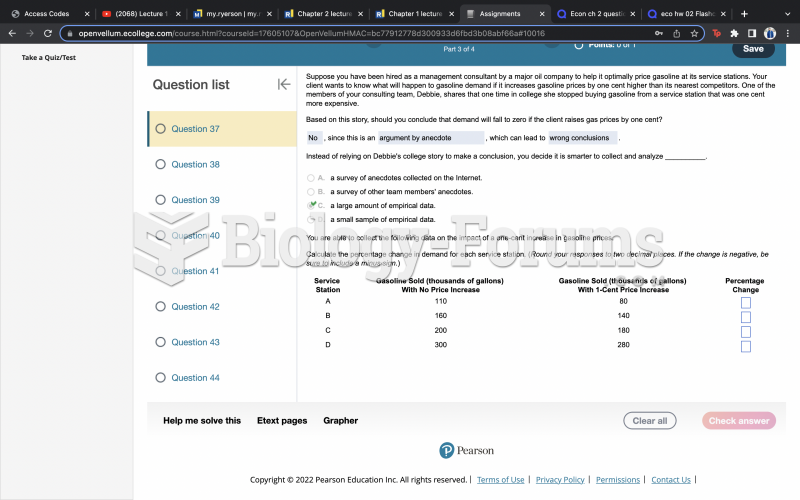Answer to Question 1
A QUESTION OF ETHICS
1. Rather than just enforce covenants not to compete, courts generally must consider and weigh the protection of legitimate business interests of the employer, the potentially unduly oppressive effect on the former employee, and the public interest involved. These factors may or may not favor enforcement. When they do not favor enforcement, it is the employee's right to make a living, and the public's interest in competition, among other interests, that are served. When these considerations favor enforcement, it is the employer's legitimate business interests and the public's interest in fair practices and freedom of contract, among other interests, that are served.
2. Holding a covenant not to compete void frustrates the intent of the contracting parties. Although a reasonable time period or geographical area is not capable of precise calculation, the all or nothing approach of voiding a covenant, merely because time, place, or some other detail is unreasonable, is inconsistent with the freedom to contract. It also allows the courts to apply equitable principles to avoid unfair and unjust results. Arguments against enforcement of covenants not to compete go to their reasonability; they are not reasonable if their only effect is to avoid competition, or undercut an individual's ability to make a living.
3. The court granted the request. Glenn appealed to a state intermediate appellate court, which reversed the order of the lower court. The appellate court recognized that an employer may not simply forbid his employee from subsequently operating a similar business. The employer must have an interest which he is trying to legitimately protect. There must be some reason why it would be unfair to allow the employee to compete with the former employer. The court also identified as factors to weigh in the balance the breadth of a covenant's restrictions and the public policy at issue.
In this case, as for the legitimate employer interest, the court pointed out that Glenn admitted to having, over the preceding five years, access to or working knowledge of DAS confidential and highly confidential information. As for the scope of restriction, DAS's covenant contained no geographic limitation. Thus, the covenant before us could apply to the entire world. . . . Such an expansive scope severely restricts Glenn's ability to utilize the experience he has acquired during his career. As for the public policy, the court noted that it is in the best interest of the public that persons should not be unnecessarily restricted in their freedom to contract. Yet, a state has an interest in regulating the extent to which it will allow parties to restrain trade through the use of restrictive covenants. . . . A contract that would put it in the power of one party to prevent the other from carrying on his calling anywhere whatever is unreasonable. The covenant here infuses DAS with just such a power. That is, DAS effec-tively prevents Glenn from carrying on his calling. This it cannot do.
The court concluded, In sum, under these particular facts, while DAS's interest is legitimate, the restraint imposed by its covenant not to compete is overly broad in scope and goes against public policy. In short, it is unreasonable.
Answer to Question 2
b







